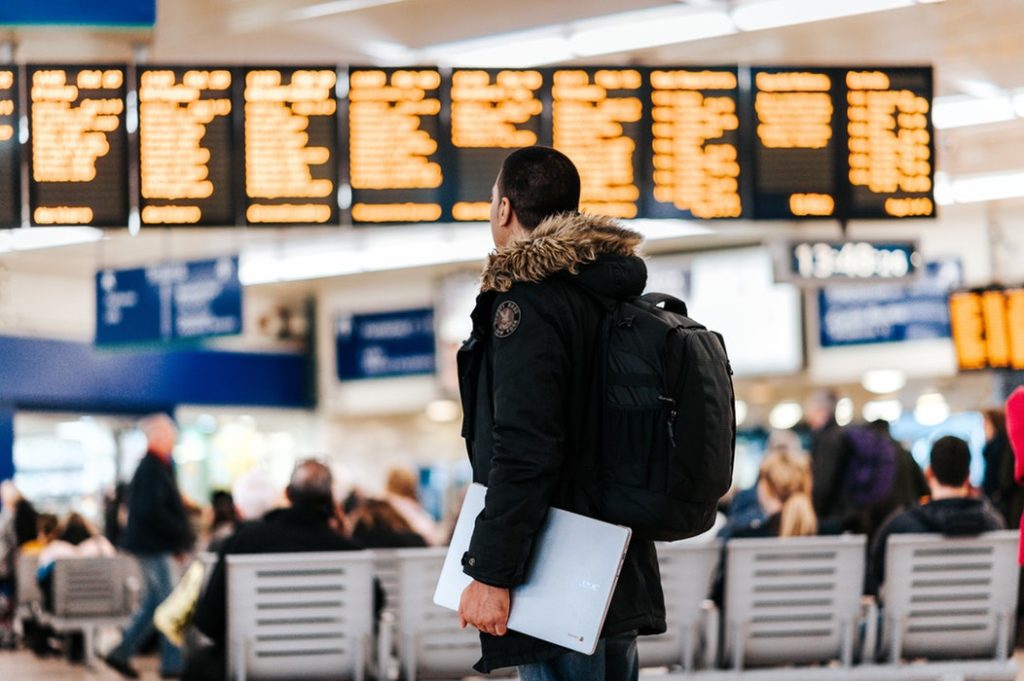If you’re going to be traveling abroad anywhere in the world, you likely want to have a budget for yourself before you head out. This is important so that you’re not spending frivolously, but you also want to ensure you don’t run out of money.
Before getting into the specifics of how to create a budget for traveling, what would you do if you were abroad and you ran out of money? Yes, you want to be proactive so this doesn’t happen, but what if it did?

Let’s say you were in Honduras and found you were out of money (maybe through no fault on your own). No matter how well you budget, you should also try to ensure you have a contingency plan in place. For example, is there a way your family could send money to Honduras easily, or anywhere you might be traveling?
So, with the worst case scenario out of the way, the following are some tips if you’re planning a trip outside of your home country and want to create a realistic budget.
Research
Where you’re going is the biggest thing that’s going to influence your travel budget. If you’re going to Honduras your costs are going to be significantly lower than if you were going to France, let’s say.
You should do research and look at recent travel blogs to help you get a better idea of what things really cost.
When you’re researching and planning, be realistic about what you want and what you’re willing to settle for on your travels. If you know that you’re not going to enjoy couch surfing or camping, don’t create a budget around doing these things. It’s better to plan to spend more than you actually do, as opposed to the other way around.
Book Ahead
Book as many things as you can ahead of time. This helps you not only create a travel plan and be organized on your trip but then those costs are out of the way. You no longer have to worry about these costs if you eliminate them, so then you have fewer worries about overspending when you arrive at your destination.
Some of the things that are best to book ahead include lodging, any travel you’ll be doing once you arrive at your destination and any experiences that you want to have.
Food and Drink
Finally, food and drink are the hardest things to plan for, and there is so much variance. For example, even if you’re in an expensive destination, if you buy from a local market and have a picnic, you’re going to spend significantly less than you would eating in a restaurant.
It’s best to gauge what you think you’ll need to spend and be realistic based on your tastes and preferences. For example, if you’re going to have wine or beer with dinner, that’s going to be more expensive.
You should give yourself a ballpark figure for what you’ll spend, but include some planning for any of those special meals you want to have. You might think about planning to have two casual meals each day where you grab something from a market, and then that gives you more spending cushion for your third meal of the day.
